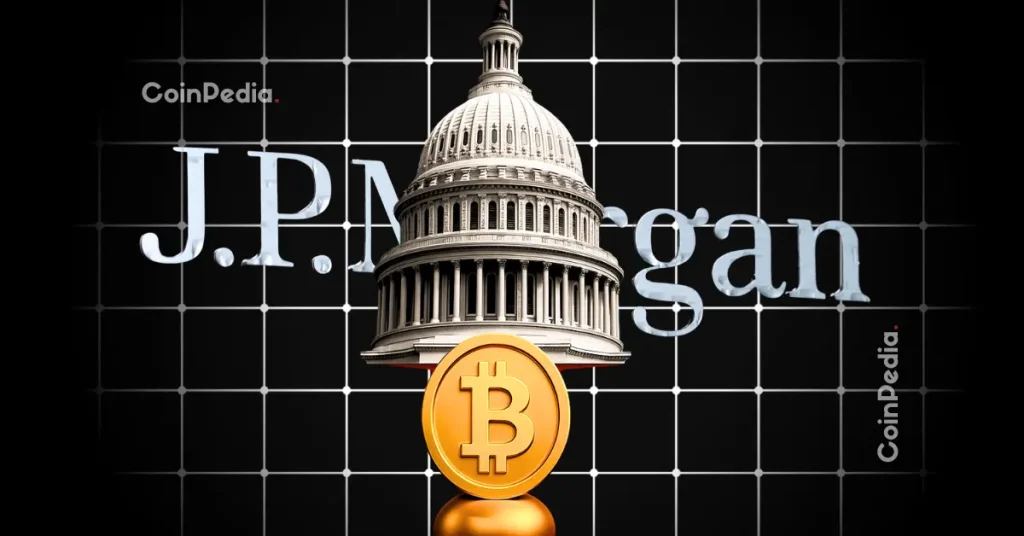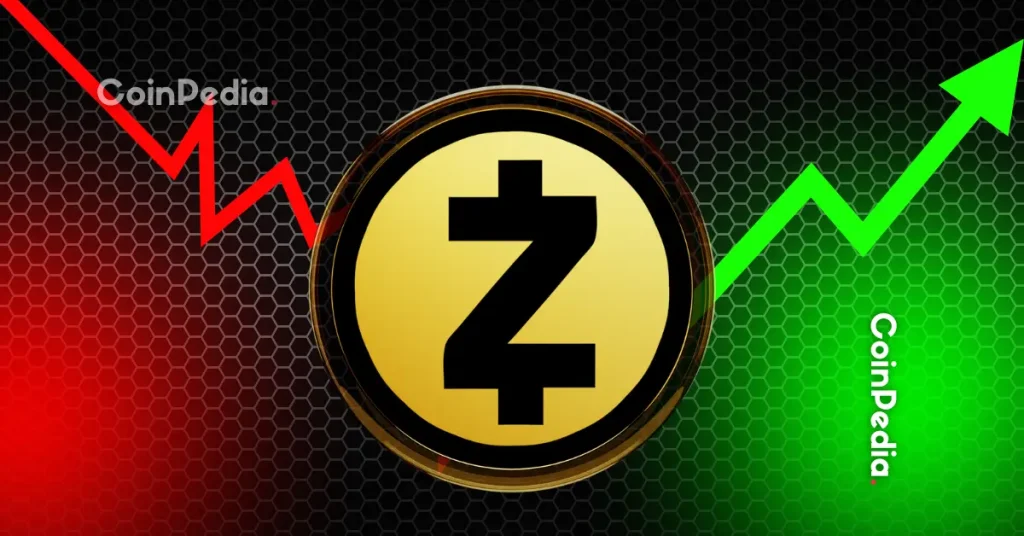
The post Alibaba Teams Up With JPMorgan to Launch Tokenized Payments by December appeared first on Coinpedia Fintech News
Alibaba is getting ready to shake up global B2B payments, and it’s doing it with JPMorgan’s blockchain technology.
The company plans to launch a tokenized payment network by December, aiming to fix one of global trade’s biggest problems: slow, expensive cross-border transactions.
A Tokenized Push to Speed Up Global Trade
Kuo Zhang, president of Alibaba.com, told CNBC that the company is building a settlement system based on tokenized USD and EUR – something that works “stablecoin-like,” but is backed by real bank deposits. The goal is to make payments feel seamless, no matter where the buyer or supplier is based.
“We feel the urgency that we need to use AI to redesign how people do global trade” Zhang said. “We think it’s going to be a paradigm shift for e-commerce for B2B”
Alibaba wants to solve the classic pain points in B2B trade – multi-currency delays, long settlement windows, and high fees. Today, payments can be stuck for 48 to 72 hours, which is a problem tokenizing deposits can solve.
The company is also rolling out Agentic Pay, a new payment rail that uses AI to automatically turn chat discussions between buyers and suppliers into contracts.
JPMorgan’s Blockchain Becomes the Backbone
To power this upgrade, Alibaba is tapping JPMorgan’s tokenization unit, Kinexys.
The timing is interesting too. JPMorgan already moves around $2 billion in tokenized transactions every day and just two days before launched its deposit token on Base.
This partnership brings two heavyweights together: Alibaba on the global commerce side, and JPMorgan as the bank that is set to become one of the strongest players in real-world blockchain payments.
A Real Test for Tokenized Payments
If Alibaba hits its December timeline, this could become one of the largest real-world deployments of tokenized money in global trade. Analysts expect billions in annual settlement volume to eventually move through the system.
This is an interesting glimpse of how cross-border finance will operate going forward. Time will tell us more about adoption.





